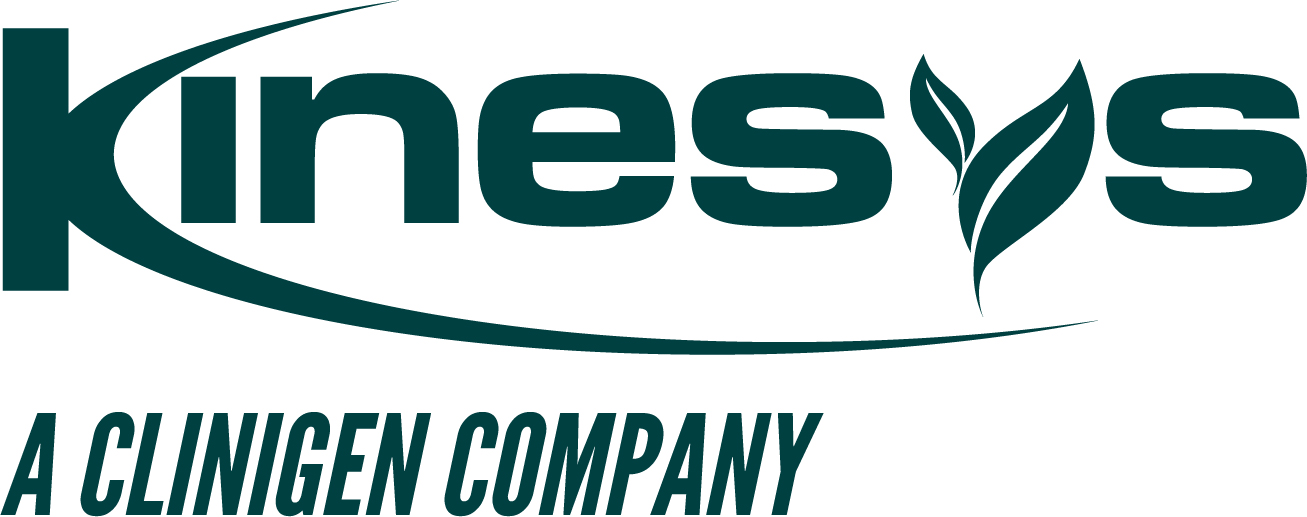-
 Getting ahead of the game!PIM / PRIME Expedited Pathway SchemesKinesys' experience with early patient access schemes offers clients a head start through understanding the expectations required to achieve a successful designation.
Getting ahead of the game!PIM / PRIME Expedited Pathway SchemesKinesys' experience with early patient access schemes offers clients a head start through understanding the expectations required to achieve a successful designation. -
 Getting ahead of the game!PIM / PRIME Expedited Pathway SchemesKinesys' experience with early patient access schemes offers clients a head start through understanding the expectations required to achieve a successful designation.
Getting ahead of the game!PIM / PRIME Expedited Pathway SchemesKinesys' experience with early patient access schemes offers clients a head start through understanding the expectations required to achieve a successful designation.
Kinesys Can Help you Make a Difference in Areas of Unmet Medical Need
At Kinesys we believe our experience of using early patient access schemes (including EU PRIME, UK EAMS) offers our clients a head start through understanding the expectations required to achieve a successful designation.
Our team of experts can:
- Assess the client’s data package at its current stage of development and provide an opinion on the readiness of the product to support an Application for expedited development schemes.
- Provide support throughout the procedure. We write the Applications, help prepare for and attend agency meetings, and advise on operational aspects for each scheme.
- Ensure that clients present a high quality regulatory submission to gain timely patient access. Approval leads to the generation of Real World Evidence, which in turn can be utilised during the MAA and HTA review processes.
We advise on strategic regulatory and development challenges that may arise during participation in the early access schemes.
Our diligence towards our client means you are always well informed of the potential benefits available through the scheme, thereby ensuring that the maximum benefit is gained from successful designations.
Key Features and Benefits of Expedited Pathway Schemes
In Europe, there has been a recognition of the need for improved regulatory mechanisms whereby medicines being developed to target serious or life-threatening diseases that represent an unmet medical need can be made available to patients at the earliest opportunity. To this end, in 2014 the UK MHRA introduced the Early Access to Medicines Scheme (EAMS) the first step of which is the Promising Innovative Medicine (PIM) designation. The EMA’s Priority Medicines (PRIME) scheme followed in 2016 which provides additional regulatory support to sponsors with the aim of optimising development plans with a view to accelerating the evaluation of important new medicines across the EU.
EMA PRIME Scheme
Early Dialogue with the EU regulatory network to provide bespoke advice optimizing product development supporting an expedited review and earlier patient access across the EU.
Appointment of CHMP/CAT Rapporteur to provide continuous support.
Dedicated EMA contact person. Kick-Off Meeting with a multidisciplinary group of experts from relevant EMA committees and working parties (SAWP, CAT, COMP, PDCO).
Scientific advice on key decision points in preparation for MAA with option to involve multiple stakeholders (e.g. HTA bodies, patients).
Use of early access tools where relevant (e.g. conditional MA) or other initiatives (e.g. parallel EMA/HTA advice, adaptive pathways).
For SME/Academics: SA fee reduction.
UK MHRA PIM Designation and EAMS
Early Regulatory Dialogue with the MHRA and HTA bodies to augment the clinical development programme and support an expedited review process enabling earlier patient access in the UK.
Step 1; The Promising Innovative Medicine (PIM) designation – validates clinical development product to address unmet medical need.
Step 2; Scientific Opinion requires modules 1-5 of CTD as far as possible – early validation of MAA data.
Meet with key stakeholders (MHRA, HTAs NHS, DoH) to discuss how best to support future technology appraisal (e.g. gathering Real World data to supplement pivotal trials, which could reduce uncertainty at MAA.
Positive EAMS scientific opinion, MHRA will publish a Public Assessment Report and the EAMS treatment protocol.
